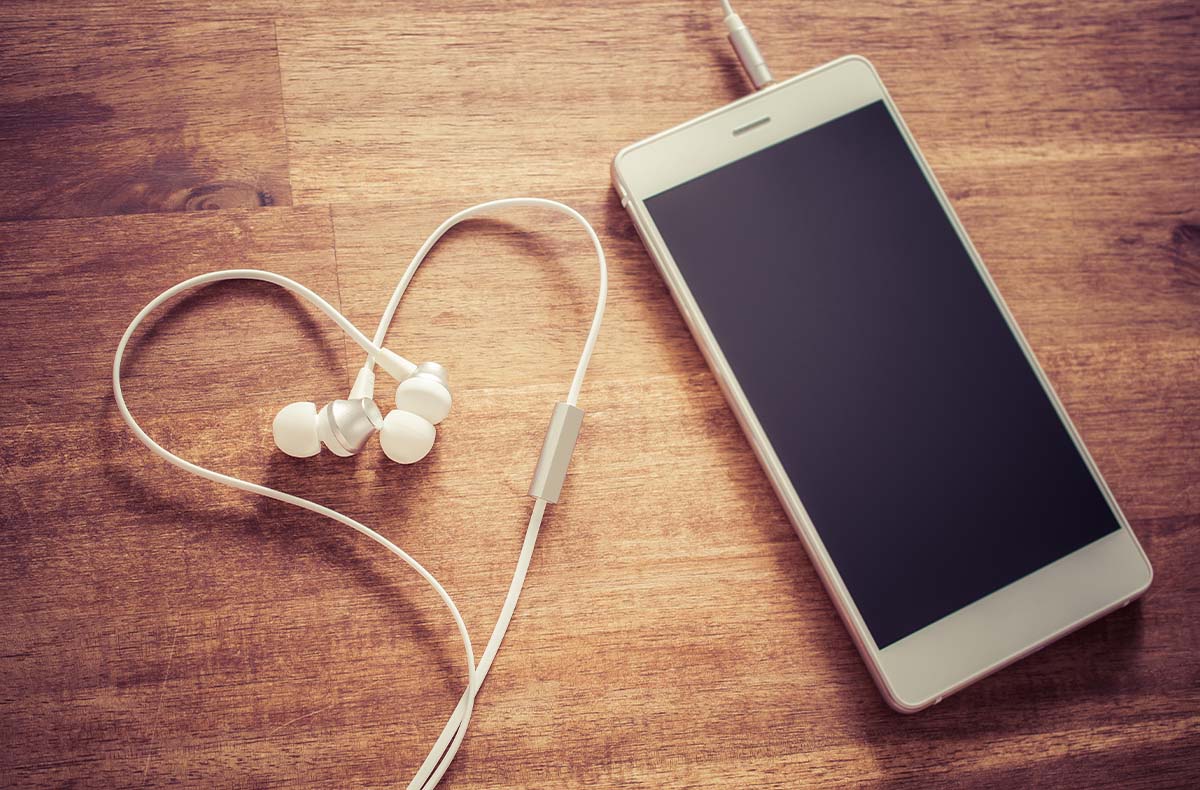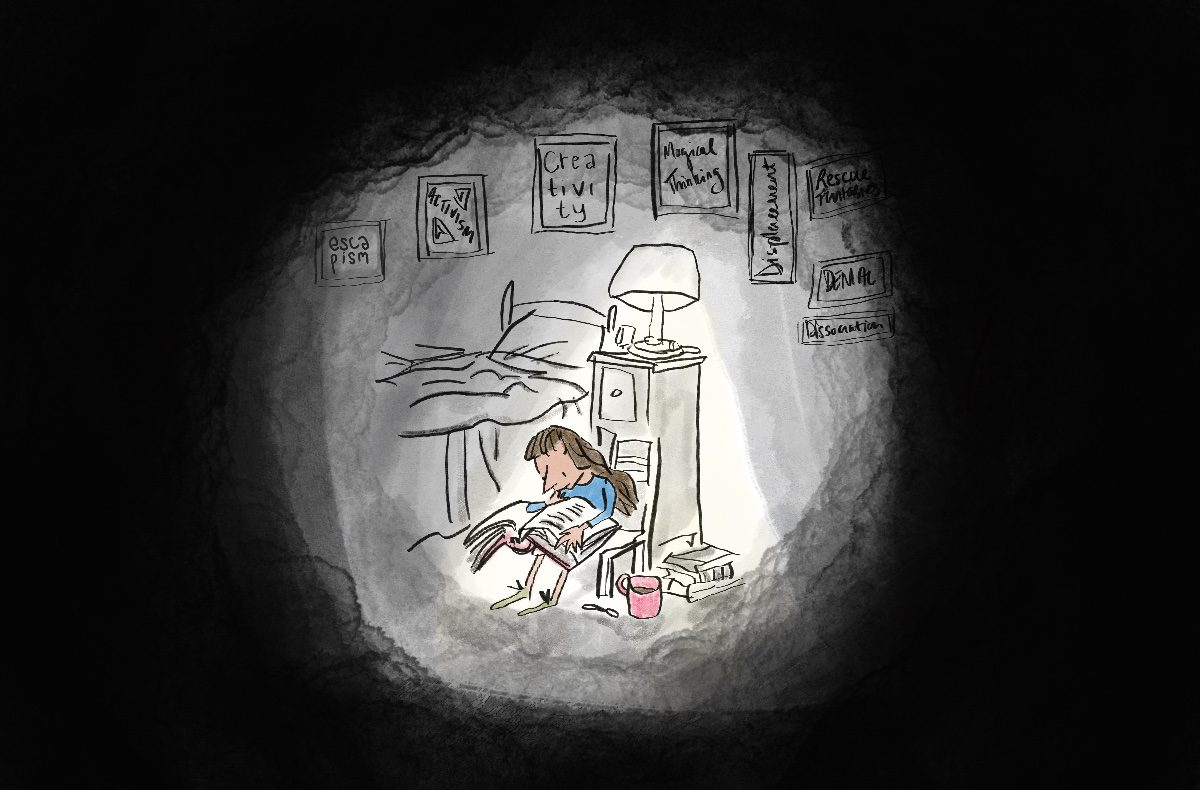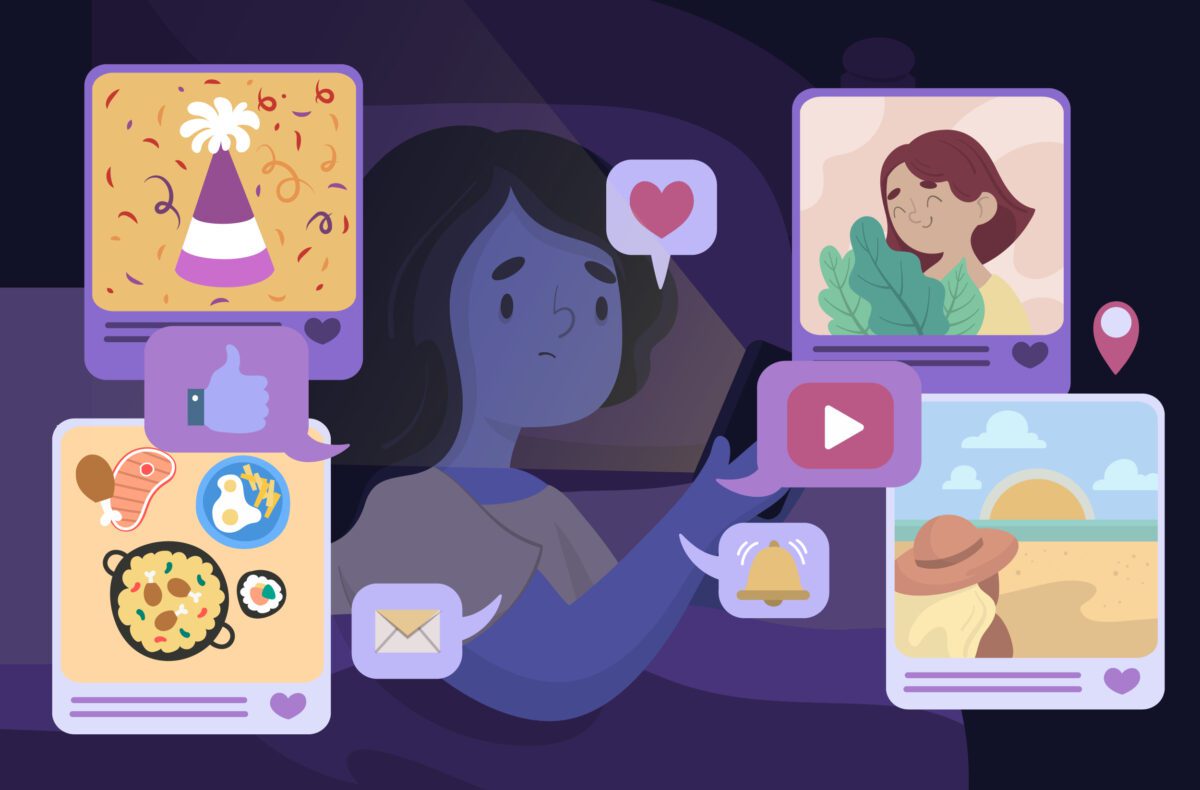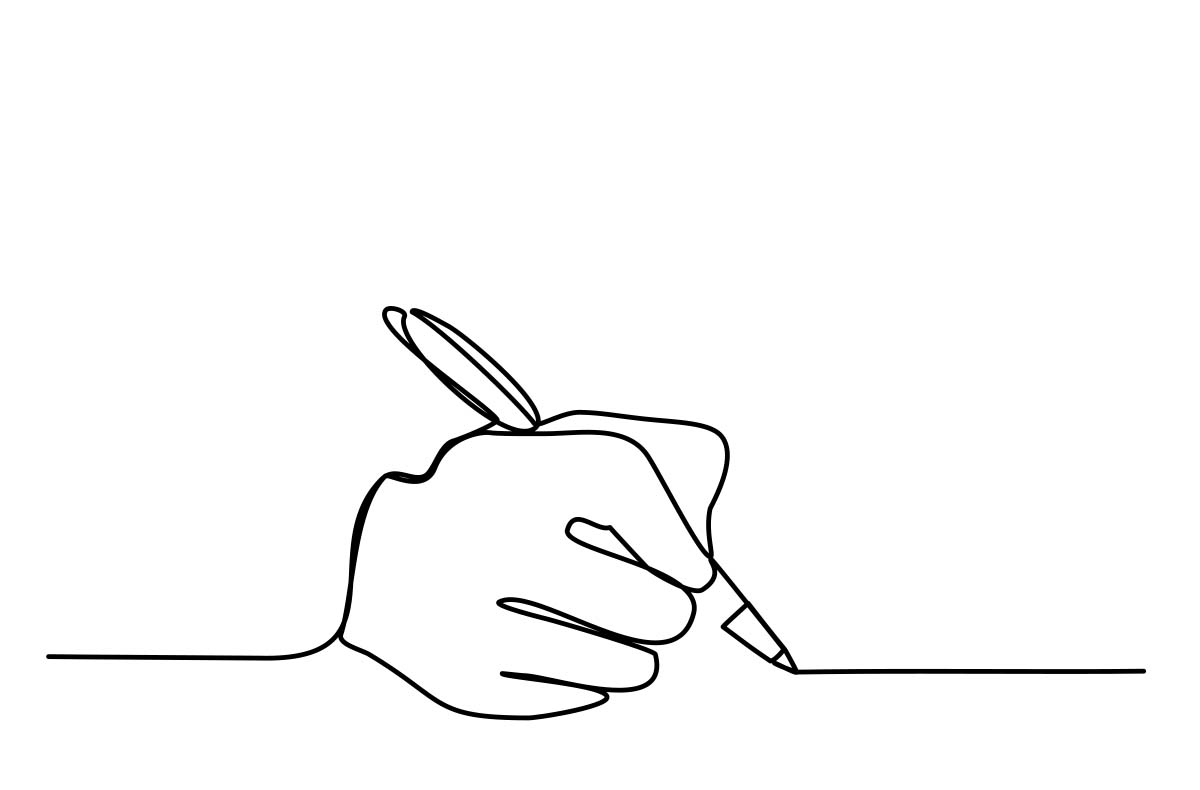
I had just finished reading the last chapter of Florence Given’s Women Don’t Owe You Pretty, an eye-opening, mind-blowing work of fierce, beautiful, contemporary feminism. Given advocates for self-love, for achieving completeness and wholeness without the all-encompassing dependency on a specific other person, and she explores the toxic societal messages surrounding relationships, especially the messages geared towards women.
About to head out on a walk, I put my headphones in and shuffled my Spotify playlist. Mariah Carey’s “Without You” blasted through, followed by Whitney Houston’s “I Have Nothing” and Tommy Page’s “I’ll Be Your Everything.” With Given’s book still on my mind, the lyrics coming out of some of my favourite songs suddenly didn’t sit well with me. I questioned the concept of putting one’s entire life into another person, and wondered how much people have to give up or ignore if they perceive themselves to genuinely have nothing without the existence of that other person. Reflecting on these songs and Given’s work, I asked myself: how healthy is it to be someone’s “everything” and to give that person “all you have”?
I sat with the feeling of discomfort—or rather, I walked alongside my discomfort. “No, it was nothing,” I convinced myself. “I listen to 90’s music a lot—it must simply be a reflection of the attitudes of the time, but that’s all changed now.” I clicked on a more modern playlist to reassure myself. Sam Smith sang, “Stay with me, ‘cos you’re all I need.” In David Guetta’s “Without You,” Usher belted out, “If you’re not here, I’m paralysed without you.”
To be clear, I’m not trashing these best-selling hits—far from it. Beyond the fact that they are simply good songs, they’re also a part of my playlist—which evidently says a lot about me. I’m also not denying the fact that the beginning stages of relationships can feature intoxicating, dizzying, drug-like highs, keeping us transfixed by feelings and sensations that are incredibly intense, so these lyrics are not far removed from relatable human experiences. But reflecting on it further, I feel compelled to ask, what messages are we receiving about love and interpersonal relationships from these songs? And what might the consequences be of viewing our relationships through the lens of a permanent honeymoon phase?
Entertainment aside, these songs preach lessons that we may subconsciously internalise. Their lyrics teach that close and intimate relationships are about putting your entire self into another person and expecting the same in return, and that this special, singular individual, having been placed on a massive pedestal, is responsible for meeting all of your needs. These songs reflect a world in which people put all of their eggs into one basket. Other “baskets” either go unnoticed, or seem bland in comparison to the idealised, omni-perfect basket. Life starts to consist of one thing, and the threat of that one thing leaving, or letting us down in some way, becomes our primary fear. The scariest part is that we are often too blinded by our romantic notions to realise this is what we are creating.
If these songs were to paint a realistic picture—although they probably wouldn’t sell—they might throw in a line about how unsustainable this kind of love is. One person cannot possibly meet all of our needs; if we place the onus on them to do so, then yes, our world will disintegrate time and time again when we face the harsh reality that this simply isn’t possible.
Writing this article during Women’s History Month has made me reflect on how this cycle applies to women in particular. Historically, women have been expected to self-abandon, over-function and sacrifice everything in relationships. The fairytale romance shows a woman to be fought for and won, a commodity to be “given away” by one male, her father, to another, her husband. She is told that finding her ‘other half’ is necessary for her completion. But once a wife and mother, she is expected to give her all to her duties of house and home. She has been socialised to care, nurture, and tend to those she loves—in many ways, to her family, she is “everything” and is expected to give all that she has. Feminism has taught us that we can be full people without a partner, yet being surrounded by these messages in our art and entertainment, it is difficult not to internalise them. So, this cycle is not necessarily our fault, given the unhelpful things we are being taught about ‘ideal’ relationships.
Without denying how good it feels to really feel, how nice it is to be able to ask for our needs to be met, and how liberating it can be to find companionship and connection, we need to question whether putting all of our eggs into one basket, in the unbalanced way implied by these songs, is the best approach to intimacy. As I learned in Given’s book, there is room for romance, but to love someone else fully, we must find full meaning and acceptance with ourselves first. If we don’t do this, we end up minimising parts of our true authenticity and end up wearing a mask that we hope will get us external validation. The answer is within, not without. We deserve to choose, rather than wait around to be chosen.
The antidote to our old “all in one basket” relationship paradigm takes a lot of work, but it is essentially pretty simple. Open your eyes to the other baskets already in your life. Slowly invest in new baskets, whilst being real with the fact that the process of getting fulfillment in new ways does take time. Practice the art of putting your eggs in those other baskets. Trial and error. Above all else, be patient with yourself: it’s not about blaming ourselves for the harmful cycles we may have learned to perpetuate in our relationships. It is about holding ourselves and our patterns accountable, and taking personal responsibility to build up our multi-basketed lives. In coming back to ourselves, we may have to resist the–quite literal!—siren songs around us that romanticise the loss of our individual worth. These tunes may be catchy, but there’s too much at stake to hum along without some self reflection.


